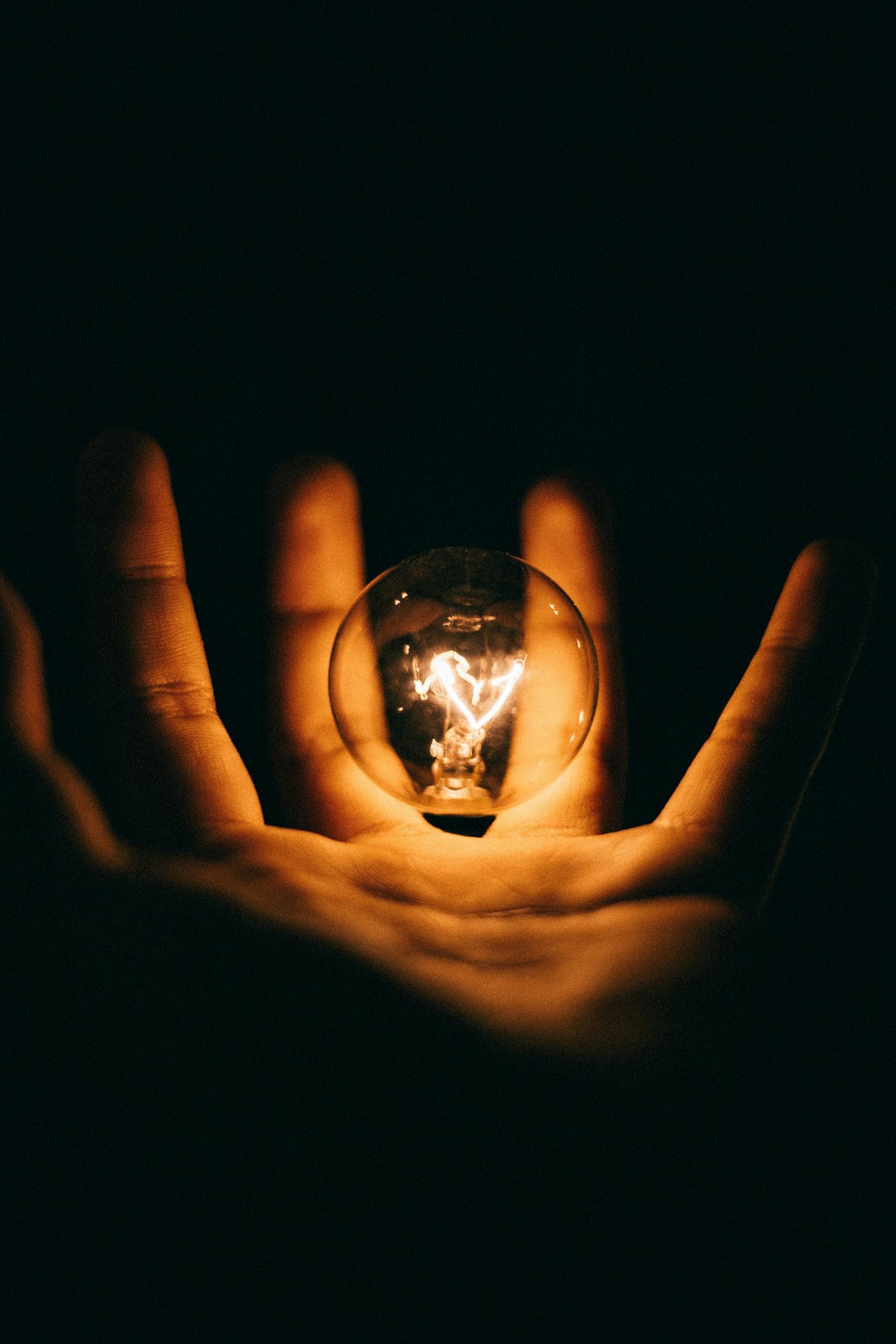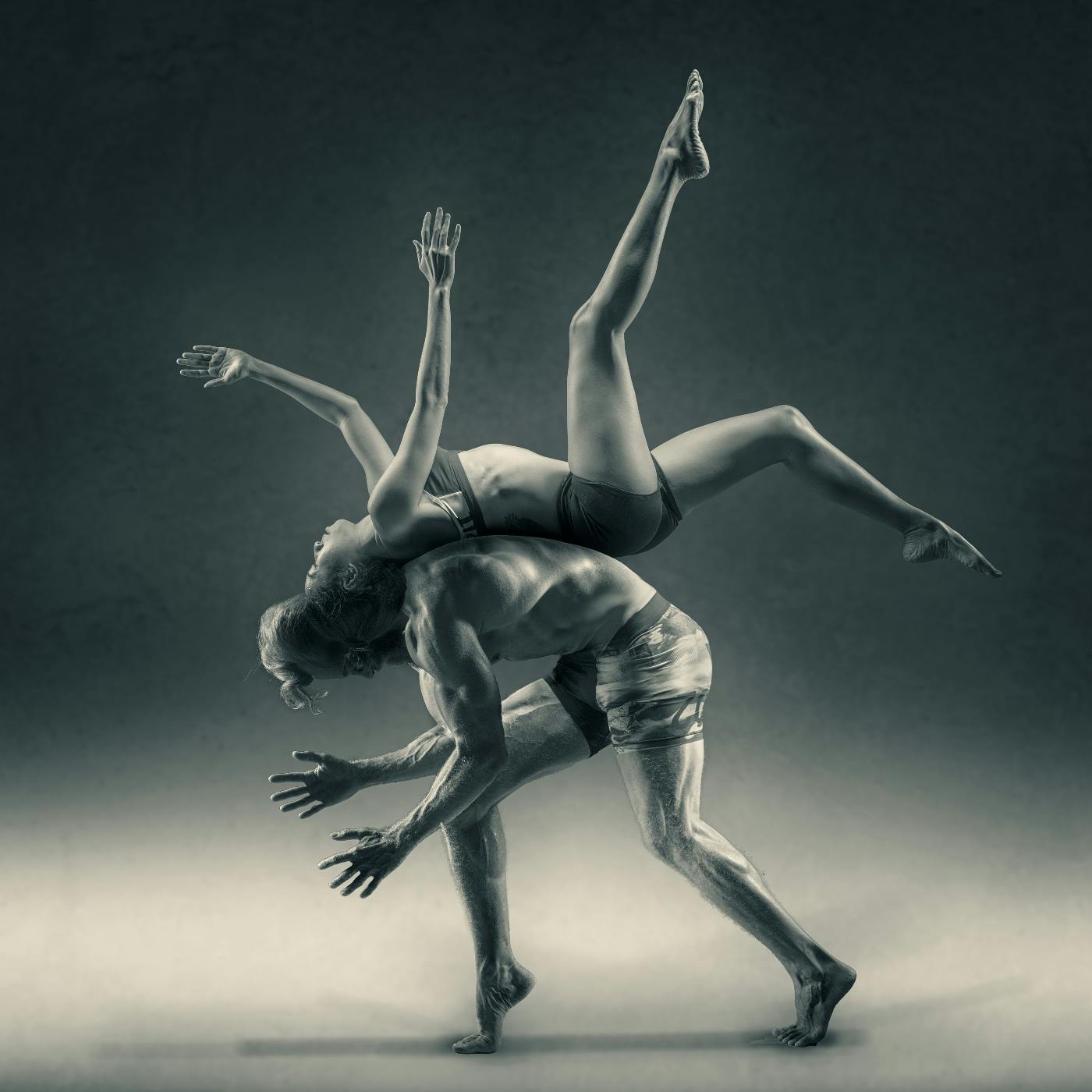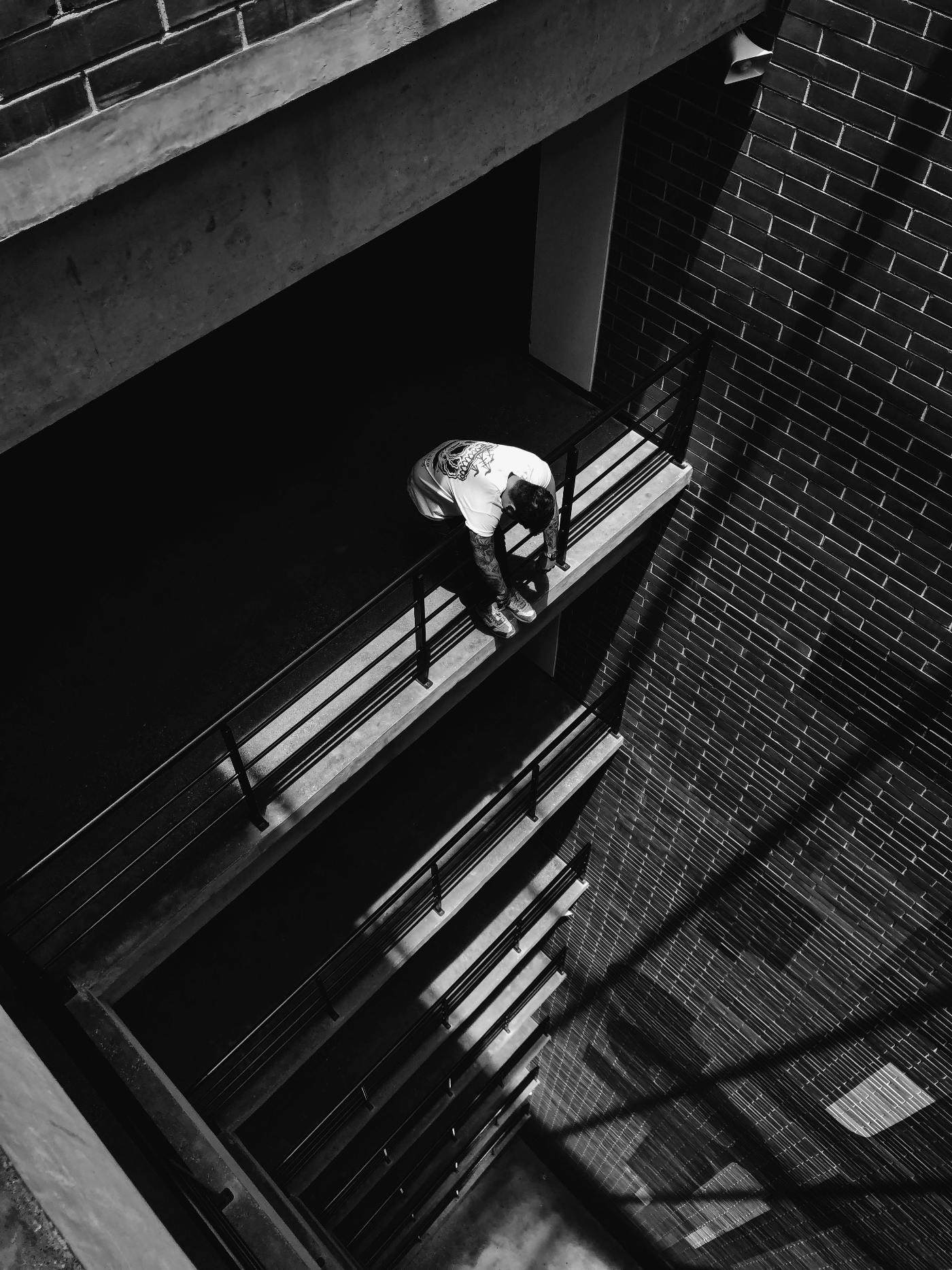
First, you need to know that sleep, though we all do it and have done since we crawled from the primordial ooze and screamed at the sky, “I am man, now where are the snacks,” has been a mystery for centuries.
In 1889, Scientific American interviewed the great inventor (and thief of other people’s ideas, look it up, Edison was a dick), in which the famed lightbulbist stated that sleep was a waste of time. He claimed he only needed about four hours of sleep a night. It delighted readers and made Edison seem even more miraculous and superhuman.
But, like most of what Edison said, he embellished a bit for PR purposes. Though he slept only four hours per night, Edison was very fond and had much to say about naps.
What Does Sleep Do For us?
Going back to Scientific American, I asked some of their people to explain what sleep does for our brains. And, I asked if not sleeping makes you exceptional, more productive, etc. I was not surprised by the answers.
First, you need to know that sleep, though we all do it and have done since we crawled from the primordial ooze and screamed at the sky, “I am man, now where are the snacks,” has been a mystery for centuries. Modern research has given us some insight into what sleep does to our minds and bodies.
Sleep energizes our body’s cells, clearing waste from our brains and improving learning and memory skills. Sleep also regulates mood, appetite, and libido. We should sleep. We should sleep a lot. I can imagine some of you nodding off in the middle of this. You’re welcome.
Types of Sleep
With all that sleep does for our bodies and minds, it’s pretty evident that we need sleep to survive. But sleep is still very complex.
The brain produces two types of sleep: slow wave sleep (SWS), commonly known as deep sleep, and rapid eye movement sleep (REM), also known as dreaming sleep. Most of the sleep we sleep is slow wave sleep, deep, slow breathing, and large, slow brainwaves. This type of sleep helps the body and mind recuperate from the struggles of the day.
When we fall asleep, we do not, contrary to the old “out like a light” metaphor, just shut down. A series of highly orchestrated events put our brains into sleep stages. SWS sleep then gives over to REM sleep.
Scientists now have concrete evidence that two groups of cells—the ventrolateral preoptic nucleus in the hypothalamus and the parafacial zone in the brain stem—are prompting SWS. When these cells switch on, it triggers a loss of consciousness.
When we move from SWS to REM, a very bizarre transition begins. In this stage, the dreamer’s brain becomes highly active, and the body’s muscles are paralyzed while breathing and heart rate become erratic.
The purpose of REM sleep remains a biological mystery to scientists, but they do know that a small group of cells in the brain stem, called the subcoeruleus nucleus, controls REM sleep.
Further scientists have discovered that any damage or disease to these groups of cells and the person does not experience the muscle paralysis of REM sleep, which leads to REM sleep behavior disorder. This is a serious condition in which the person violently acts out their dreams.
Back to Edison

Despite his claim that sleep was a waste of time, Edison did employ snoozing in his creativity. So, he did realize the benefits of it in some way, even if he would not acknowledge it.
In particular, he was fond of the hypnagogic stage of sleep, or pre-sleep. This is a very fertile area and one that most of us don’t remember. You’re about to drop into a full deep sleep in this space, but you’re still semi-conscious. The mind is still active, the body is not entirely paralyzed, and thoughts and ideas are just bursting around the brain. Most of us sleep at this point and don’t recall all the goodies running around in our heads.
Edison loved this weird, undefined area and had a method of extorting it. He would lie down for a nap with a ball in each hand. As he dropped off to sleep, just when he hit that hypnagogic state, the balls would drop from his hands, and he would awaken.
When he was awakened in this manner, he still had all those wild and wonderful thoughts in his head. Some of them were useful, and some were just crazy. But, they inspired him and kept him inventing. And taking credit for everyone’s work at Menlow Park. Again, just do a little research and stop yelling at me.
Sleep Deprivation & Creativity
Like drugs or alcohol, many people think that altering your conscience by depriving your body of sleep brings you to a state of heightened creativity.
There are examples. Edgar Lee Masters famously wrote his masterpiece, Spoon River Anthology, in days-long, sleepless jags, then collapsing for days on end in sleep. However, he was also heavily consuming barbiturates to stay at that level. He was never able to achieve the same success as he did with Spoon River. Was that because of his writing method?
Like relying on drugs or alcohol to be in a creative space depriving oneself of sleep, will eventually send someone back to the that as the source of your creativity, and that is not only ridiculous, it is detrimental to one health.
Relying on external forces to spark your creativity can be dangerous. Lack of sleep cuts down on perception, and brain function, increases mistakes, and puts the mind and body in a situation that is the polar opposite of what it needs to create.
Depriving your body of sleep seriously hinders your creativity. Our body has a lymphatic system to drain the waste and toxins at all times, but the brain’s waste disposal system only works efficiently during sleep. During REM sleep, the brain cells shrink to allow the cerebrospinal fluid to flow 10x faster between brain cells than when we are awake.
The removal of toxins as we sleep leads to improved executive skills, which include:
- Concentration
- Attention and reactivity
- Decision making
- Problem-solving
- Learning and memory
- Creativity
- Coordination
- Social skills
- Overall mood and Health
All of this means sleep is vital to the creative process and your general health. It’s hard to be creative when your body is falling apart, and you cannot focus.
Trust Yourself

As we’ve said before, there is no magical elixir or secret method of becoming creative. In some ways, we are all born with the ability to be creative. Maybe we’re not all on the same level; there cannot be two Shakespeares, apologies to the De Vere society. Some pursue and develop their creative talents to rise to a professional level. Some choose to express their creativity in smaller ways, in everyday ways.
Creativity, though it may seem so when looking at the works of Michelangelo, is not a divine gift. We are born with the ability, and it must be trained, fostered, and nurtured for it to have its full breadth.
Like an athlete, the creative person must constantly work on it and develop it. If you sit around waiting to be inspired to create, you’ll be waiting a long, long time. You must actively pursue it and keep doing it; whatever your creative medium is, you must constantly work at it.
Drugs, alcohol, and sleep deprivation are all just people looking for a golden ticket, some kind of instant key to something that takes a lifetime to develop and hone. Don’t look for shortcuts when you’re being creative. Take the steps you need to do the work properly and give yourself a chance at having a long, productive, creative life.
Any creative who works at it will tell you, in the end, putting the work in is worth it.

